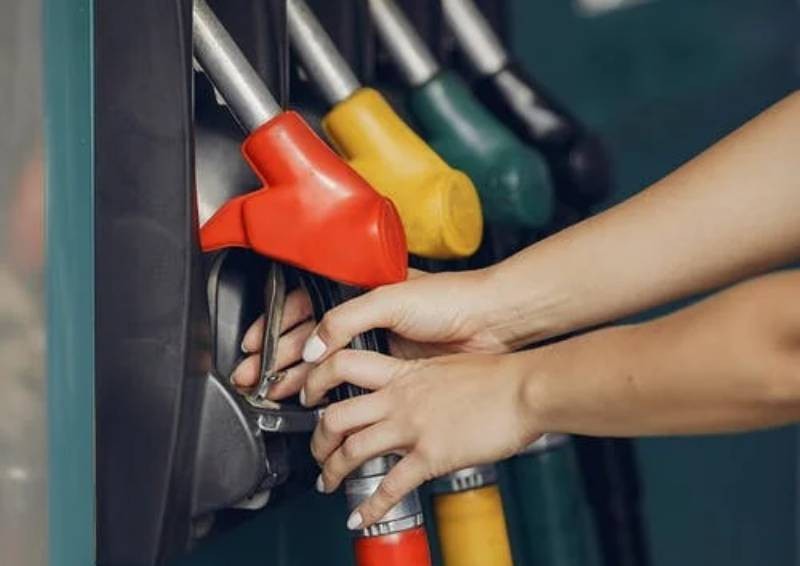Why is petrol so expensive in Singapore?

There is no escaping from the fact the petrol prices are significantly lower across the causeway. Have you ever wondered why such a crucial resource can command such a premium here?
Furthermore, petrol prices seem to not move in tandem with crude oil costs, seemingly remaining higher despite recent falling values.
So just what goes into determining the pump pricing?
To work out how much to charge their end consumer, retailers take four separate but related factors into account.
They are as follows: MOPS, Overheads, Taxes & Duties and Discounts & Rebates.
Let's expound on each of the individual factors.
This determines the raw cost of fuel itself, sans any overheads, taxes or discounts. Fuel retailers here use the MOPS standard to determine the price of each barrel of crude oil.
For some context, Platts is a global energy and petrochemicals information provider, and is independently owned.
Their assessment process predicts the value of physical commodities (in this case crude oil) 15-30 days ahead, which in typical circumstances make for more predictable and accurate energy pricing.
This is perhaps the reason why fuel prices took a while to come down, even as global crude oil prices dropped.
Historic trends at that point in time determined that fuel was only going to get more expensive, hence the greater MOPS value.
But as the political situation abroad stabilised, global crude oil prices plummeted, leading to a discrepancy between the MOPS and international value.
It goes without saying that a multinational energy company would incur very hefty overheads.
Don't think you can reverse engineer the data you found online to work out how much their raw overheads have cost the firms - it is unlikely that you'd ever find a detailed breakdown of just the petroleum side of any petrochemical business.
Besides, these businesses are also involved in various investments and other related industries, which can cloud their true petrol operating costs too.
Shell very kindly provided a detailed look at their operating expenditure last year, which cost the conglomerate a whopping $60 billion.
Whilst admittedly, this includes spendings from their petrochemical business too, it is worth noting that with high labour, electricity and land costs in Singapore, it's only logical that this component of your fuel pricing be significantly higher than that of operations in neighbouring countries.
READ ALSO: Gone too soon: Petrol prices back above $3 after 1-week reprieve
Perhaps the most straightforward contributor to your fuel costs. Unlike other factors that are variable (MOPS will fluctuate, as will expenditure), tax rates are constant, and will only be revised when deemed necessary.
In Singapore, premium petrol (RON98 and up) is subject to a petrol duty of 79 cents per litre. Your "regular" petrol (RON 92 and 95) has to contend with a 66 cents per litre fuel tax.
But that's not all the tax you have to pay for your fuel. There's also our seven per cent GST, which is tacked on on top of everything else!
Fuel vendors do have preferred banking partners that will offer you preferential discounts if you use a certain combination of loyalty and credit cards.
There is also each retailer's on-site discount, which is typically a fixed percentage regardless of the cost of fuel at a certain point in time.
Don't discount loyalty card promotions and points redemptions too - they can save you a nice chunk of change in the long run!
Short of ditching your existing ICE car in favour of either public transport or EVs, you'd still need to fill up regardless of fuel costs.
If all laws are adhered to, you don't actually save a significant amount refuelling overseas. Besides, it's a massive hassle to have to wait for customs clearance too.
Instead, the simplest way to reduce your fuel bill is to calm your approach to driving - think better anticipation of traffic, and not full throttling it off the line, and also to shed some excess weight that really isn't needed.
You may also want to refer to our handy fuel price guide to check on real-time petrol pricing before filling up!
This article was first published in Motorist.